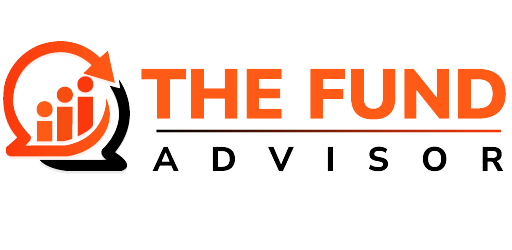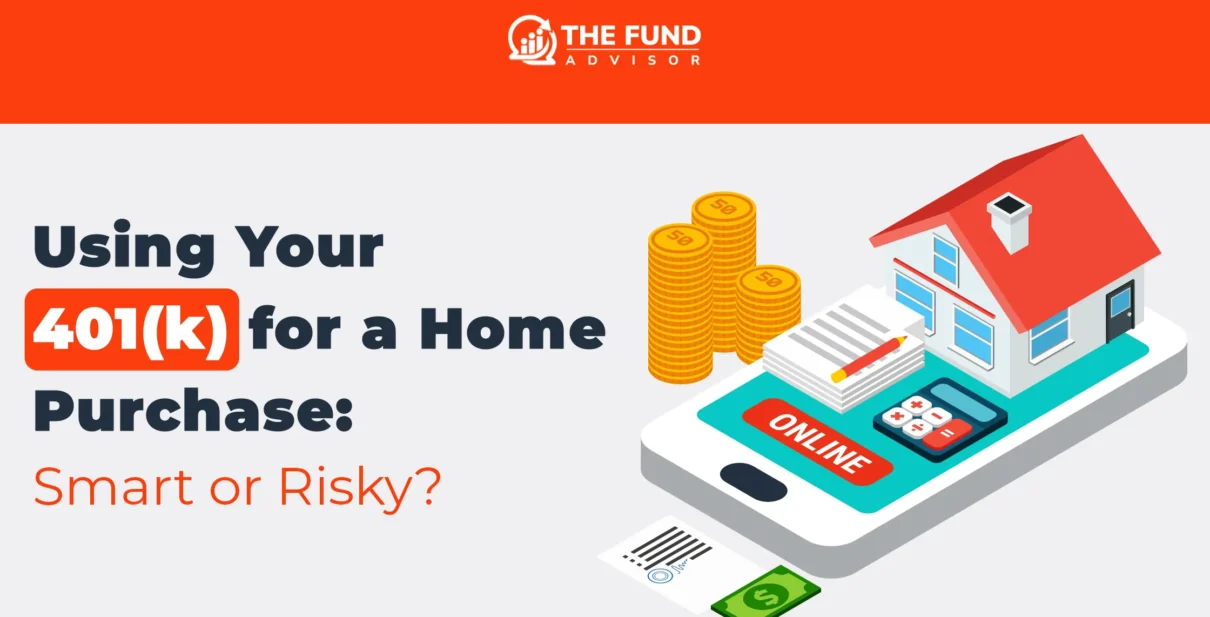- 07/02/2025
- by Christopher Anderson
- Retirement
As we know that 401(k) savings accounts are designed to empower retirement life. But as time passes, the fund in the 401(k) account increases gradually, which can also help in other aspects of life, like buying a house. In this phase, a question Can you use 401(k) to buy a house arises. Buying a house is a big financial decision to take in life. But using a 401(k) account for fulfilling this dream can be a wrong choice as well, but still house is also an appreciating asset.
However, there are many positive and negative factors associated with using the 401(k) funds like this. Based on the current situation and future goals the most optimal decision has to be made. Let’s discuss
Table of Contents
ToggleRules of 401(k) Saving Account
Before going to talk about can you use 401(k) to buy a house, let’s understand what the rules are present in cashing out from this retirement account.
401(k) is a retirement savings account which simply made for retirement purposes. Still, cashing out from this is possible, but how? If you directly cash out from the 401(k) account, then you need to face penalties with regular taxation as an early withdrawal charge.
This charge is usually 10% of the withdrawal amount, and you can only withdraw 50% of the vested amount or up to $50,000. And you need to first take approval for the withdrawal.
Can You Use 401(k) To Buy A House?
Buying a house is one thing, and using 401(k) account for this is another thing. In any case, not only for buying house you need to pay some penalty or fines or taxes or interest if taking any money out of the 401(k) account.
There are mainly three ways to cash out for buying a house, which are :-
Loan On 401(k) Account
There is an option for borrowing as a loan on your 401(k) account. You can submit a loan application to the third-party provider, who is also an administrator, and get a loan. Most employer offers 50% of the vested amount or a loan up to $50,000 on your 401(k) account.
It is possible that in the case of buying a house, the loan provider can add some extra features and extend the loan duration. There is no credit check required because it is like you are taking a loan on your savings. Also, you need to pay interest, which is included in the monthly instalments.
Hardship Withdrawal
This is the direct way to withdraw money from the 401(k) account. This withdrawal practice needs a solid reason to be provided to the employer for approving the withdrawal application. Reasons like purchasing a primary house can be useful in such a case.
However, there is a catch present in it. The money you withdraw will not be deposited again. This means any hardship withdrawal is permanent and cannot be reversed after some time, like a loan. Also, IRA imposes a 10% early withdrawal penalty if your age is below 59½ years, with the regular tax.
So, if you withdraw $20,000, then you will get only $14,500 to $15,500 after cutting the penalty and taxation.
Withdraw After 59½ Years
The ideal case, where you have crossed the 59½ years age barrier and are eligible to withdraw funds from your 401(k) account without any penalties, but tax will be applied because it is considered as taxable income.
However, if you have a Roth 401(k) account, then your withdrawals will be completely tax-free. But still, 401(k) is a retirement savings account; a large withdrawal can cause one to leave with less savings and compromise most of the things.
Planning to use your 401(k) for a home? Don’t forget to consider the long-term — learn What happens to 401(k) when you die.
The CARES Act: Special 401(k) Withdrawal Rules
The CARES Act (Coronavirus Aid, Relief, and Economic Security Act) was passed by the government during the coronavirus pandemic. This act is only valid for withdrawal in the year 2020. This act provides various economic assistance to the people of the USA during an emergency.
For 401(k) savings account holders, the CARES Act provides relief in the penalty and fines. According to this act :-
- You can withdraw funds of up to $100,000 from your 401(k) account without penalty.
- The withdrawal had to be made in 2020
- Taxes could be spread over three years
- You could repay the amount within three years to avoid taxes entirely.
Pros And Cons of Using 401(k) For Buying A House
Can you use 401(k) to buy a house? -This concern has both pros and cons, which are mentioned below :-
Pros :-
- Ready Access To Funds : Instead of withdrawing funds from a 401(k) account is not easy and consists of penalties, it can be a good source for quick funds.
- Can Help In Eliminating PMI : If you pay a big amount of down payment while buying a house, you can easily eliminate Private Mortgage Insurance.
- No Credit Check : Borrowing from a 401(k) account doesn’t require to credit check for eligibility.
- You Repay Yourself : If you take a loan, which means you are taking a loan from your own savings. You only have to pay yourself the EMIs.
Cons :-
- Penalty And Taxes : If you withdraw before the age of 59½ years, then you need to pay a penalty of 10% of the withdrawal amount with taxes.
- Investment Losses : If you withdraw or borrow from the 401(k) savings, then the remaining amount will grow. So, this means you lose the maximum growth potential.
- Job Risks : If you leave your job with an outstanding loan, you might be forced to repay quickly.
- Reduces Retirement Savings : Withdrawal amount cannot be repaid in such a case, you will reduce your retirement savings.
Alternative To Using 401(k) Funds
Before using your 401(k) savings account funds for purchasing a house, you need to know the alternative plans :-
Roth IRA
If you have a Roth IRA (Individual Retirement Account) for at least years, then you can withdraw funds from this account without facing any penalties or taxes. This is because the Roth IRA takes after-tax income contributions and the withdrawals are tax-free.
Down Payment Assistance Program
Many state or local government offers a down payment assistance program where you can get some funds to pay the down payment of the house you are buying.
Saving Strategically
If you’re planning to buy a house, then you need to start saving early to prevent retirement benefits from draining, and instead use other savings accounts.
Conclusion :-
So, can you use 401(k) to buy a house? Yes, and there are a few ways to do it. You can take a loan from your 401(k) account; you can use a hardship withdrawal or use the funds after retirement to avoid unnecessary penalties. But 401(k) is an employer-sponsored retirement savings account that can be the solid foundation of savings after your retirement for any financial need. To prevent this account from getting drained before retirement, you can use different options that are available in the market.
We are focusing on delivering high-quality content. So, if you find this article relevant and useful, then please share this and follow us for more such information.
Frequently Asked Questions
Can I use my 401(k) to buy a house without penalty?
Yes, you can use 401(k) account funds for buying a house without penalty only after retirement or after the age of 59½ years. If you withdraw before this age, a 10% early withdrawal penalty will be applicable.
Is it a good idea to use a 401(k) to buy a house?
Buying a house is a dream for many people. Instead of using a 401(k) account for purchasing a house, you can go for some other alternative options because a 401(k) is one of the best retirement saving schemes, and using it can drain your retirement savings.
Should I empty my 401(k) to pay off my house?
You cannot empty your 401(k) account. You can only withdraw or borrow 50% or up to $50,000. Only after the termination of the current job can it lead to complete withdrawal or rolling over the funds into a different savings account, like an IRA.
What is the penalty for borrowing from a 401(k)?
If you withdraw money from 401(k) account after the age of 59½ years, then no penalty will be applicable; only taxations are applied. But if you are withdrawing before this age, then a 10% early withdrawal penalty will be applied with regular tax.





